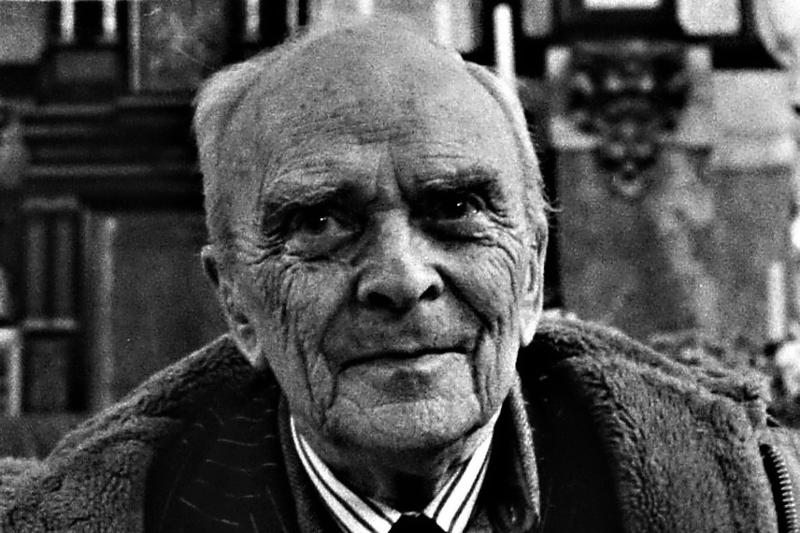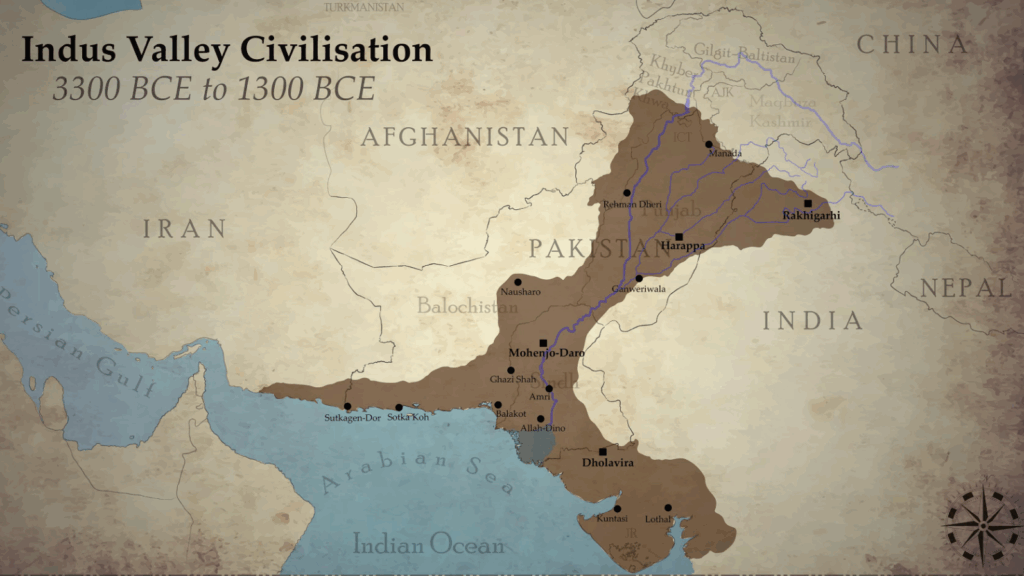Top 5 Lesser-Known Greek Gods and Their Mysterious Powers
When people think of Greek mythology, names like Zeus, Athena, and Poseidon usually come to mind. But hidden beneath these legendary figures lies a forgotten pantheon — gods and goddesses whose stories are just as fascinating, yet rarely told.
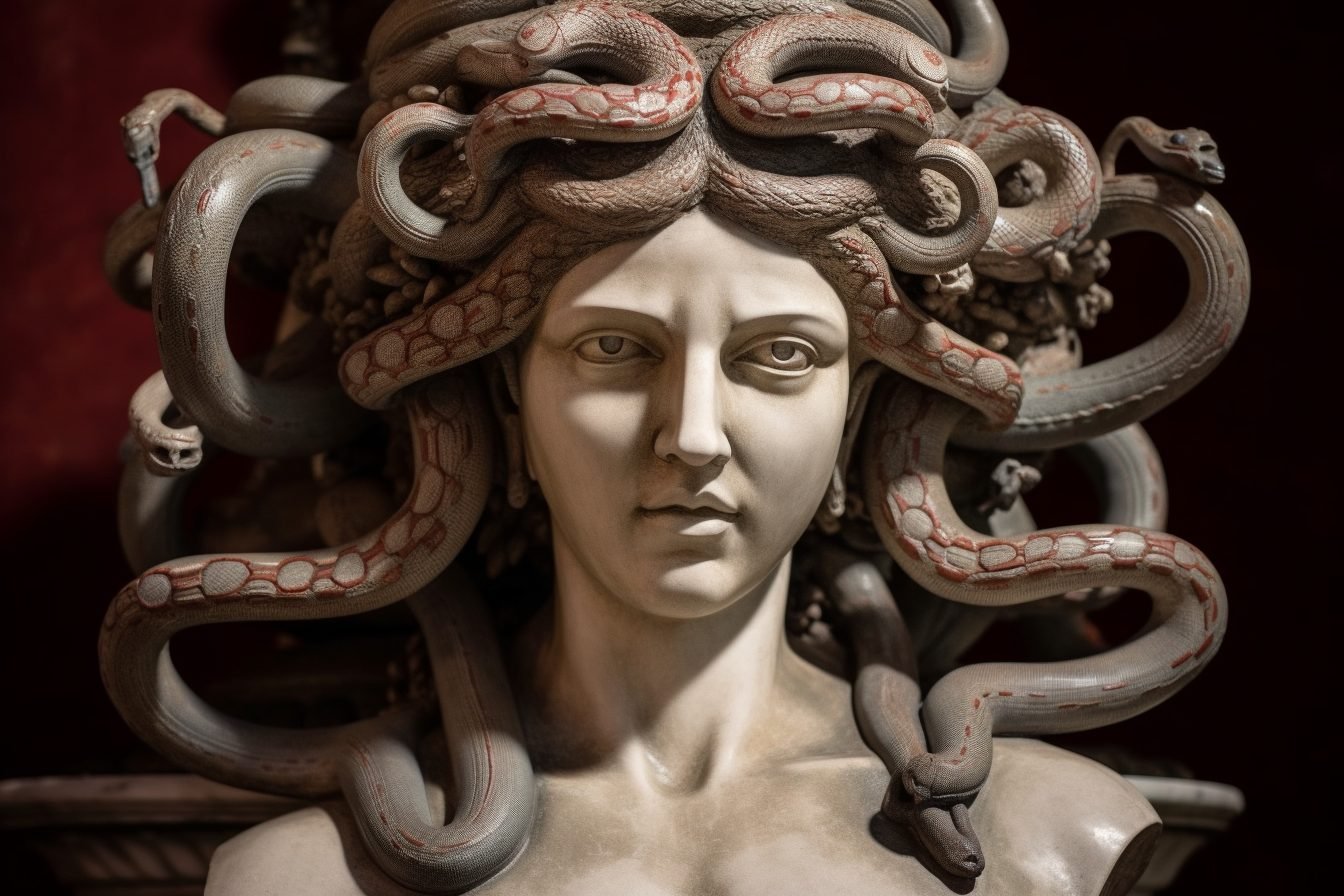
These lesser-known Greek gods played vital roles in ancient beliefs, symbolizing fear, chaos, love, nature, and the unknown. While they may not appear in Hollywood blockbusters or school textbooks, their presence shaped rituals, inspired cults, and reflected the complexities of Greek society.
In this article, we’ll uncover five obscure deities from Greek mythology — powerful, mysterious, and overlooked by history. Prepare to meet the forgotten divine forces that lurked in the shadows of Olympus.
Moros — The God of Doom and Inevitable Fate
While the Moirai (Fates) are well-known in Greek mythology, few have heard of Moros, the personification of impending doom. As the embodiment of fate’s darker side, Moros doesn’t spin threads — he ensures the thread ends.
Why Moros Matters
In Greek tragedy and literature, Moros symbolized life’s harsh inevitability. His presence in stories reminded people of their mortal limitations — and the futility of resisting divine order. He was a quiet yet powerful reminder that even heroes cannot outrun fate.
Morpheus — The God of Dreams
Who Was Morpheus?
Often overshadowed by Olympians like Zeus or Apollo, Morpheus was the enigmatic deity of dreams in Greek mythology. As the son of Hypnos (Sleep) and a member of the Oneiroi, Morpheus had the unique power to shape and enter the dreams of mortals, often delivering messages from the gods through symbolic visions.
Legacy in Modern Culture
Morpheus’ influence lives on: from classical literature to modern cinema (like The Matrix), his name has become synonymous with dreaming. He represents the mysterious intersection between human consciousness and the divine.
Hecate — A Shadowy Power Among Lesser-Known Greek Gods
Goddess Beyond Olympus
Unlike Zeus or Athena, Hecate didn’t rule from the heights of Mount Olympus. Instead, she held sway in darker realms — crossroads, cemeteries, and the mysterious edges of the ancient world. Associated with witchcraft, ghosts, and lunar magic, her presence was both feared and revered.
The Modern Resurgence
Priapus — The Unfiltered God Among Lesser-Known Greek Gods
God of Fertility and… Shock Value
Unlike polished Olympian deities, Priapus embodied a raw, earthly force. His explicit symbolism and comedic presence kept him out of the epic narratives and temple worship, relegating him to the countryside and the margins of Greek myth.
A Cultural Curiosity Today
Today, Priapus has become a symbol of ancient satire and taboo. His myth challenges modern assumptions about ancient modesty and reminds us that Greek religion wasn’t always solemn and sophisticated — it also had a very human, humorous side.
Zelus — Lesser-Known Greek God of Rivalry and Dedication
Rivalry That Drove the Gods Forward
Zelus, the embodiment of zeal, emulation, and dedication, was often overlooked in Greek mythology, yet he stood beside major Olympians. Son of Styx and Pallas, and sibling to Nike (Victory), Kratos (Power), and Bia (Force), he personified the fierce drive to excel, especially in battle and competition.
Legacy Hidden in Language
His name survives today in words like zeal and zealous, echoing his intense energy and commitment to surpassing others. Zelus reminds us that even gods without famous legends shaped the very essence of Greek ideals.

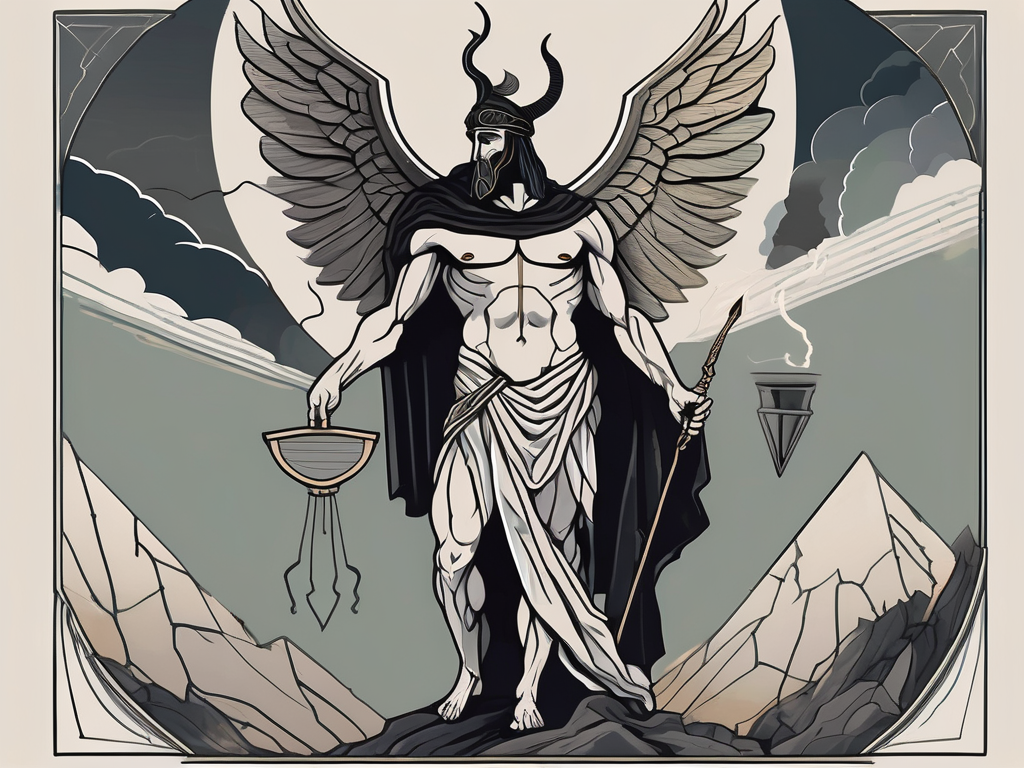

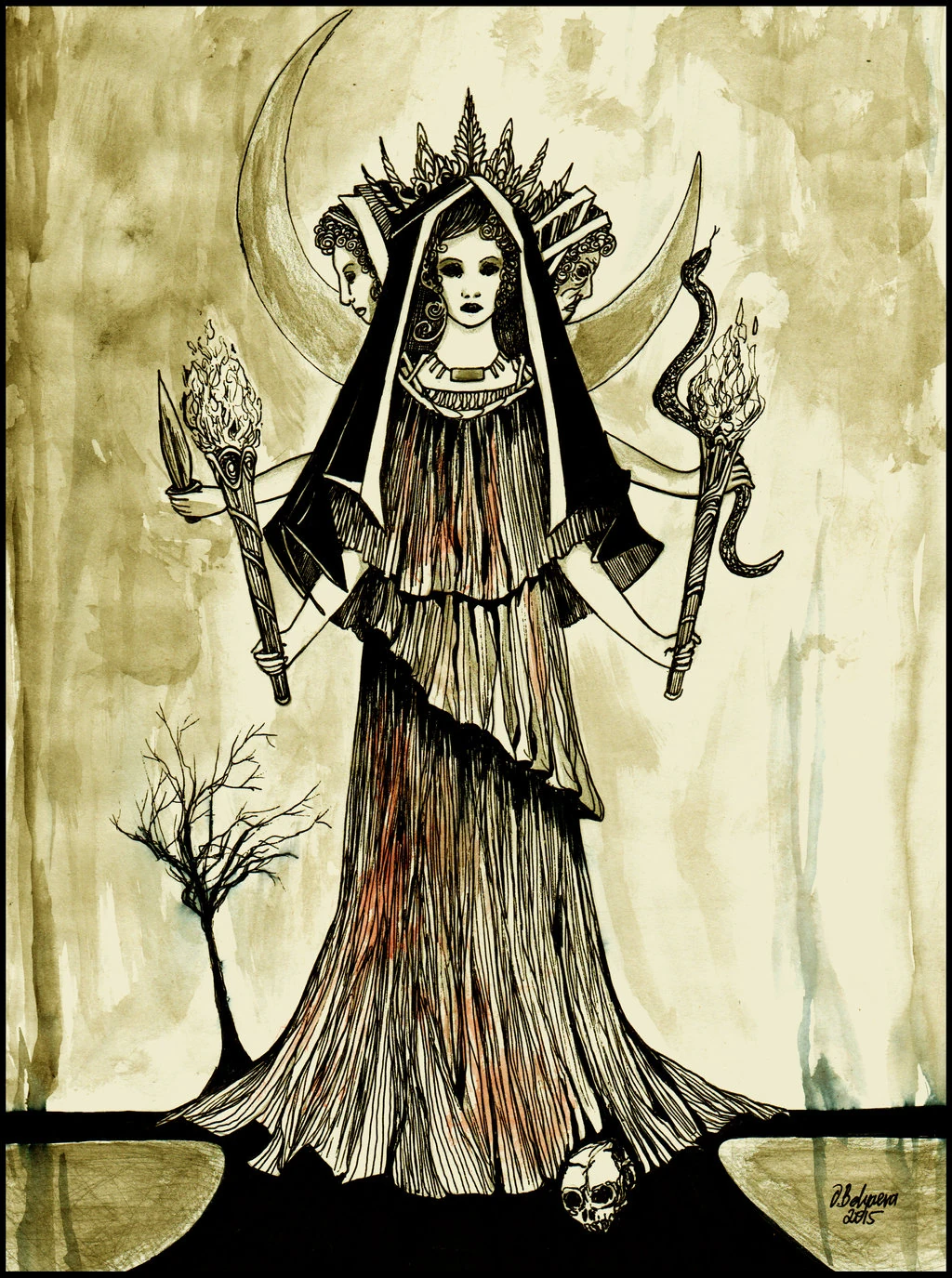

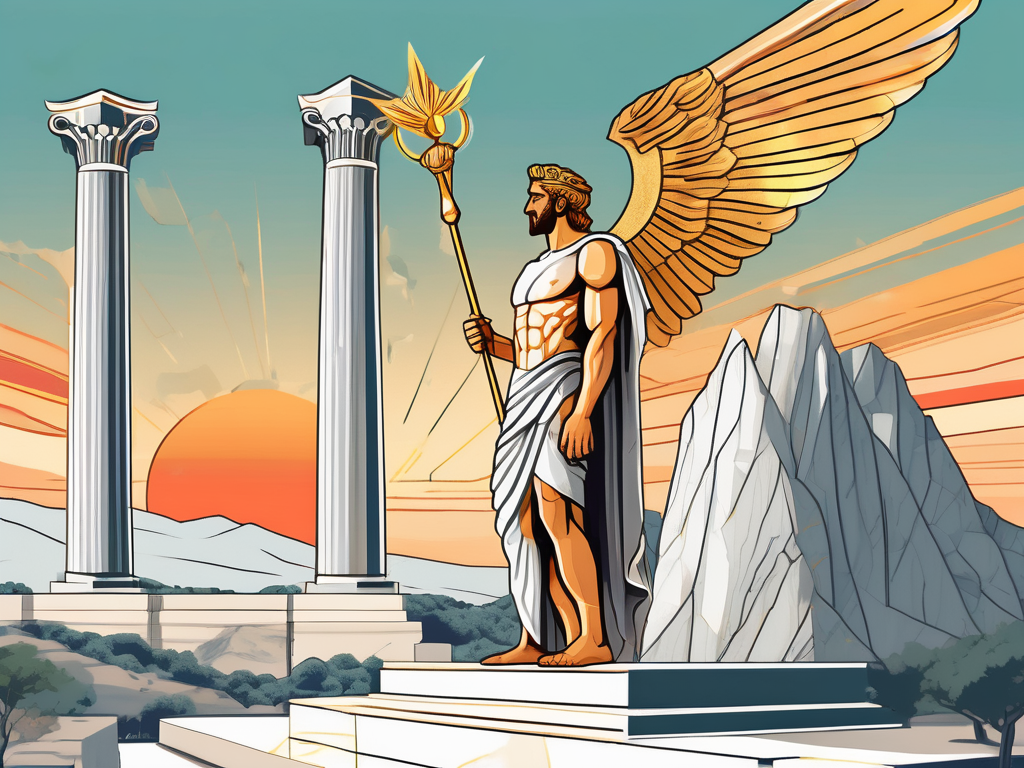
/socrates-greece-athens-546975617-589b585e3df78c47586efb7d.jpg)
